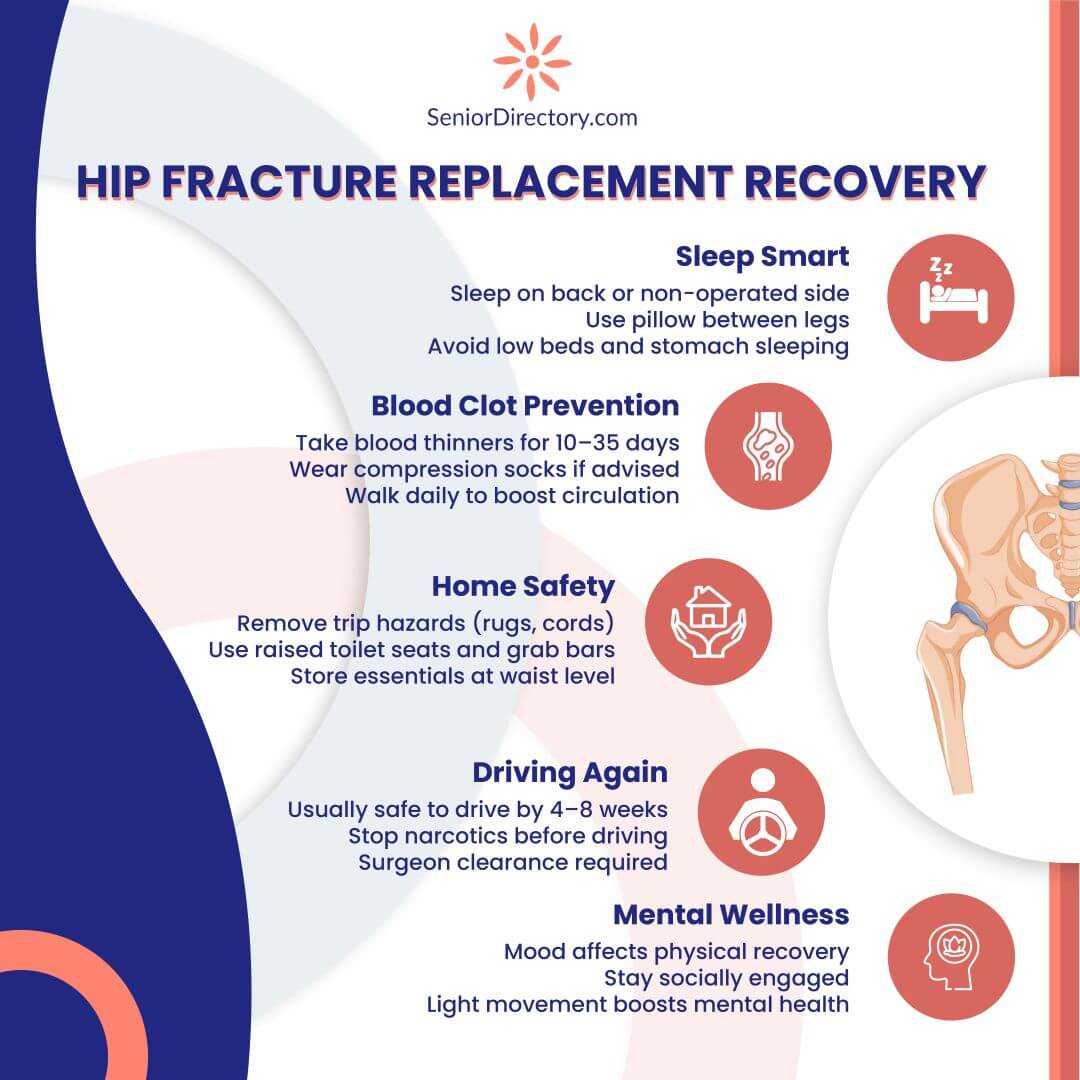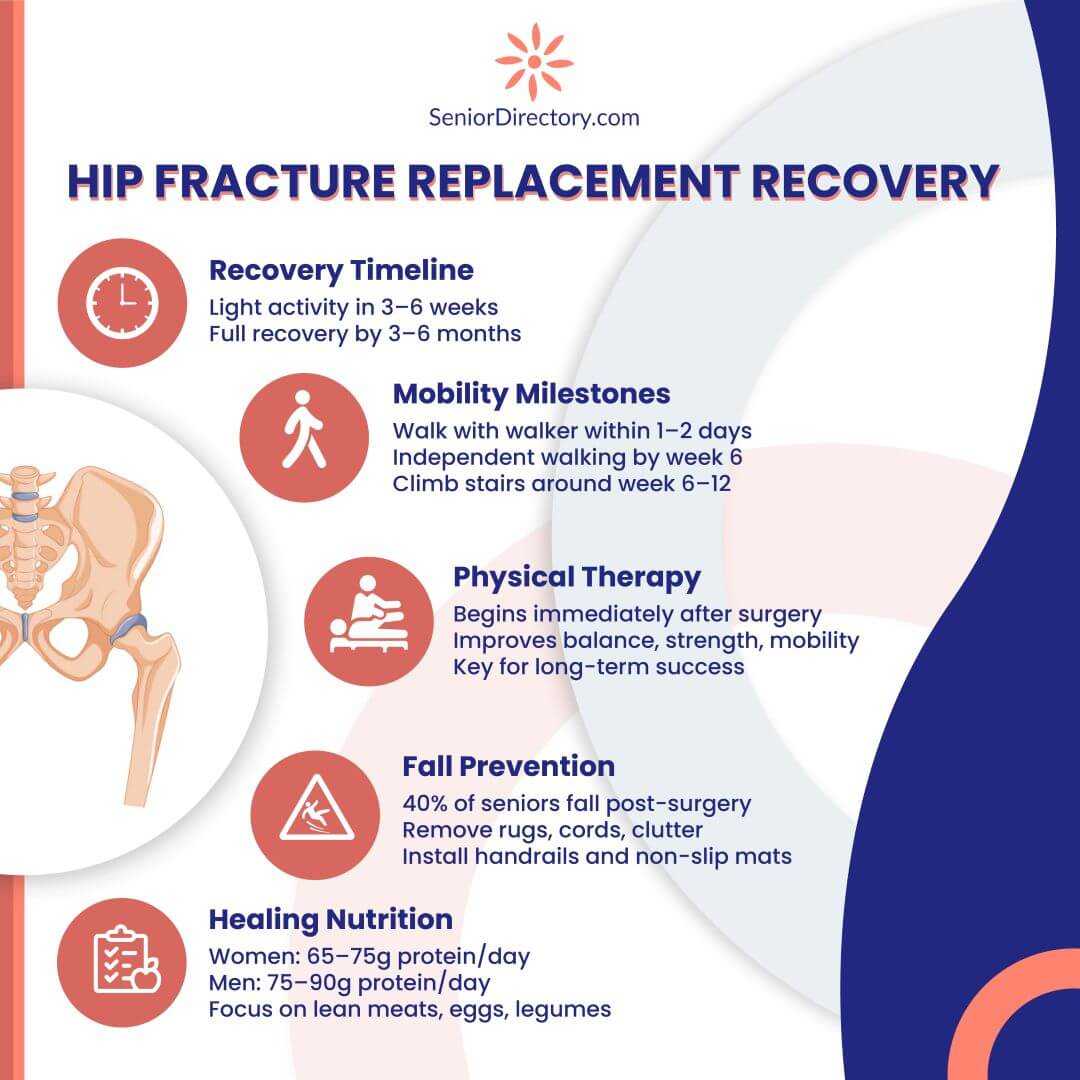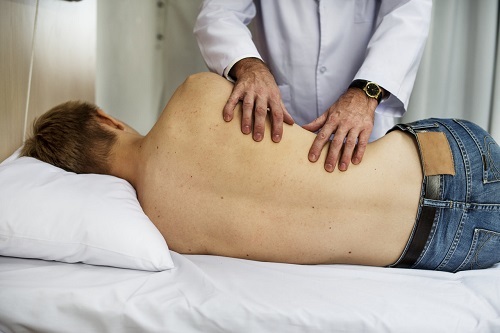

The human body can be likened to a perishable good in the sense that it deteriorates over time. Yes, you can help mitigate the effects of aging with regular exercise and proper nutrition, however the bitter truth is that those of us who are lucky to live long, full lives should be resigned to the fact that we will eventually lose our mobility, strength and stability.
Sometimes, in order to maintain our basic functionality and mobility, we may need to have parts of our body replaced or supplemented by plastic and metal augmentations. Metal hips are one of the most common replacement body parts for senior citizens. For the most part, hip replacement is a very common surgery and holds a high success rate. However, not all surgeries are successes, and there even are specific situations when you may have a legitimate lawsuit for metal on metal artificial hip replacement. We would prefer, of course, that your hip replacement goes smoothly and it doesn’t get to that point.
The procedure itself is step one of the challenge, however the struggle continues even throughout the recovery period. It is during this period when it is determined how a person’s body will be able to adapt to the damage and augmentations it incurs. So, how exactly does one ensure a smooth recovery after hip replacement surgery?
Preparing Your Home for Post Surgery Success
Whether you are a patient who is going to undergo the procedure or you are charged with the care of someone who is, you need to ensure that the recovery area is not only clean, but there must also be a clear path for you or the patient to move with ease. A clean house void of clutter reduces the risk of the senior tripping and falling on the floor.
Areas of the house most common for accidents include the bathroom, kitchen, entryway, and bedroom. You can even make several easy home renovations to assure that an accident is avoided, such as installing a walk-in-tub in your bathroom, or a chair-lift to go up and down the stairs. If you require a temporary wheelchair, be sure to install a wheelchair ramp before the surgery to make getting in and out of the home as easy as possible.
Adhering to Your Doctors Instructions
While this should go without saying, the paramount importance of judiciously taking medication as prescribed and attending aftercare sessions cannot be understated. This is because failing to attend post-op recovery instructions and neglecting to attend regular rehab sessions, especially for the elderly, will result in a delay in recovery time.
Make sure your surgeon recommends a postoperative physical therapy appointment. You might not be able to perform physical therapy directly after a hip replacement, but within several months you should able to. Being proactive about your health is very important, however your surgeon and physical therapists are trained to help you recover, so make sure to take their instructions and advice seriously and mistake yourself for the expert.
Abstain from Strenuous Activities
There are things that you simply should not do while in recovery. Those who are still recovering from a hip replacement surgery should avoid sexual activity, weight lifting, and bending/twisting exercises; at least until further notified by the doctor or physical therapist. Give your body time to fully recover before even attempting to engage in activities that highly rely upon the affected area.
Most hip injuries occur after surgery when you start to feel better. Just because your body is feeling better does not mean you have made a full recovery. Your physical therapist will be able to perform tests on you to see if you have made a full recovery. Until then, abstain from strenuous activities, such as the ones listed above.
Keeping Emergency Contacts on Hand
A bit of foresight is going to save you a lot of trouble. Being able to have contingency and emergency solutions can not only save your recovery, but it may even save your life. Keep emergency contacts handy and don’t be afraid to seek help from professionals. Remember, having a hip replacement surgery is nothing to be ashamed of, so if you are struggling to recover then please do not wait to reach out to emergency contacts.


Comments